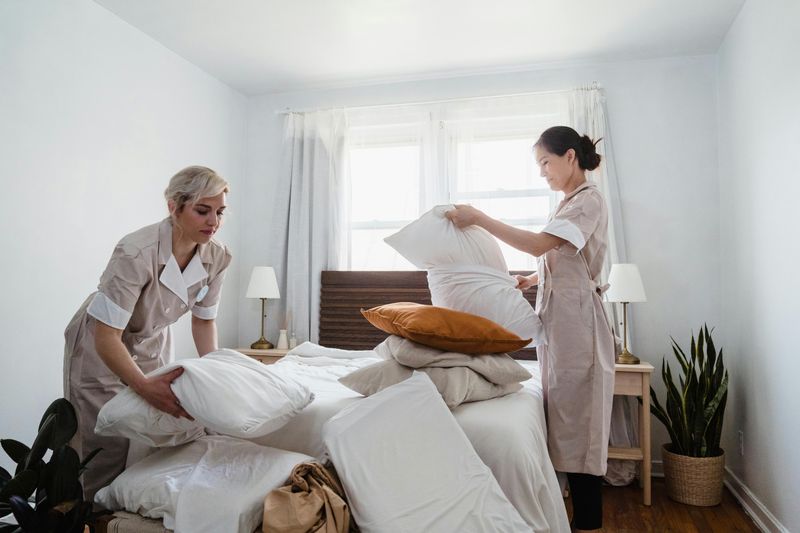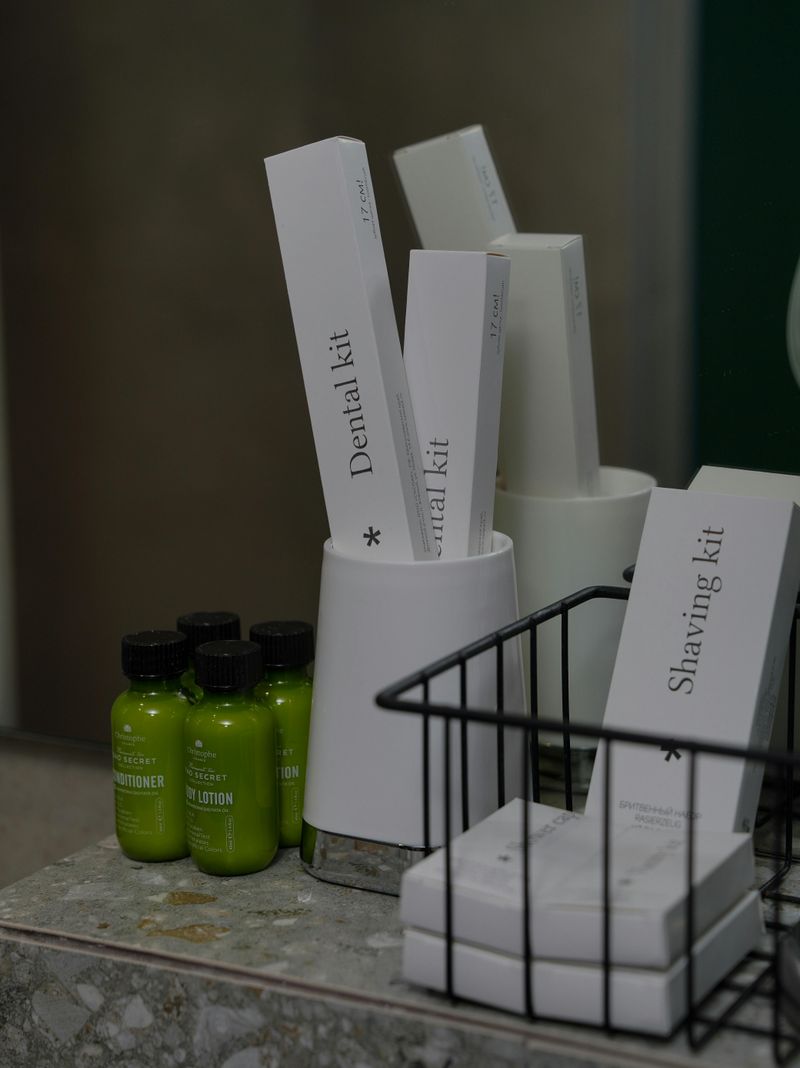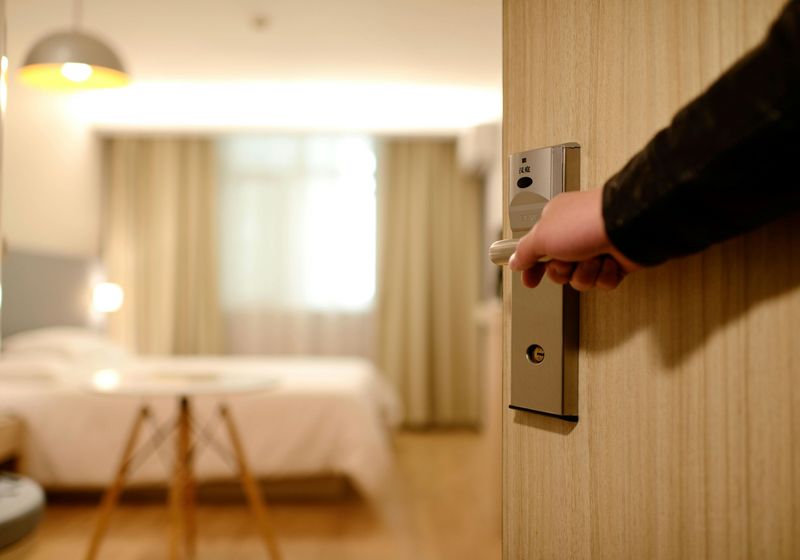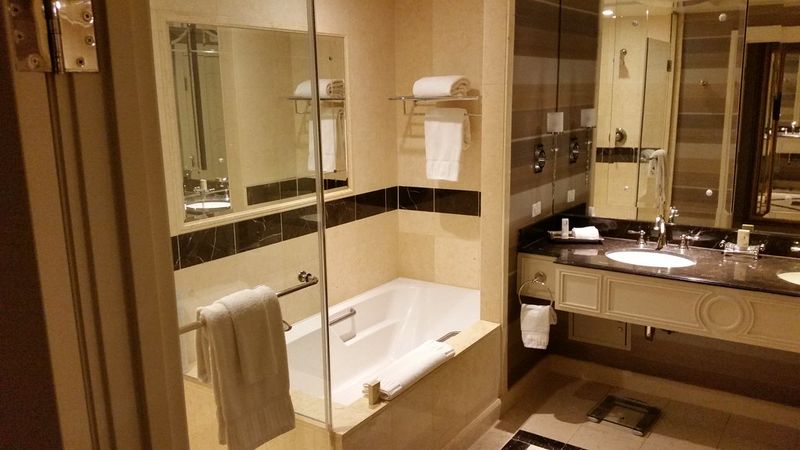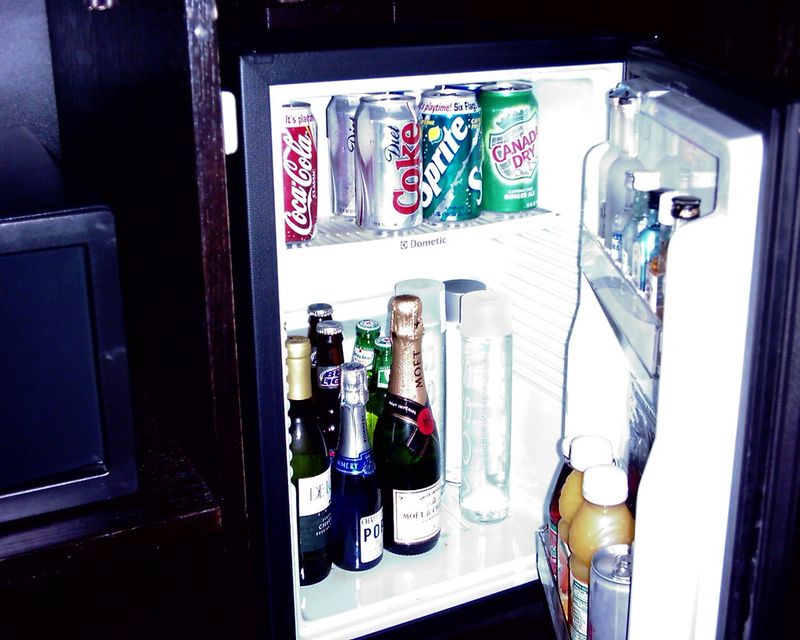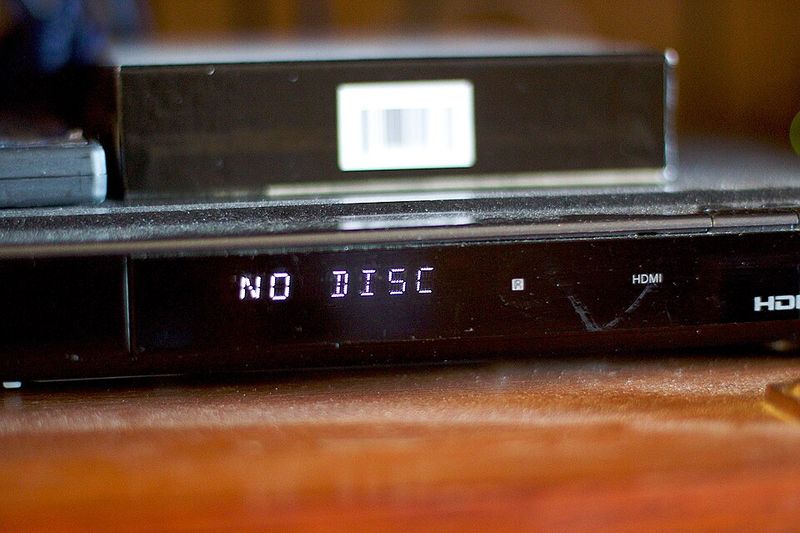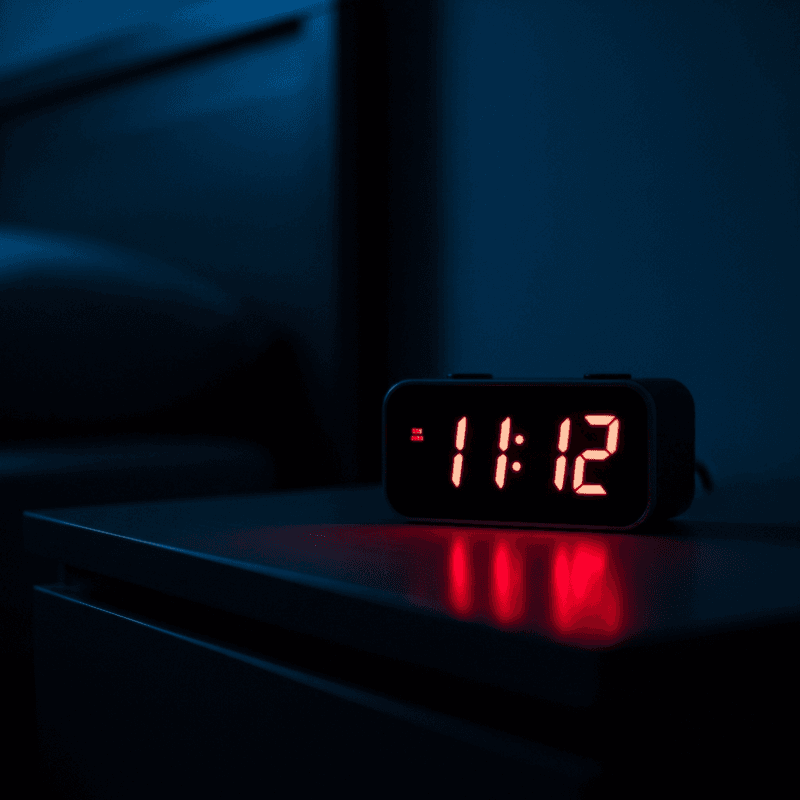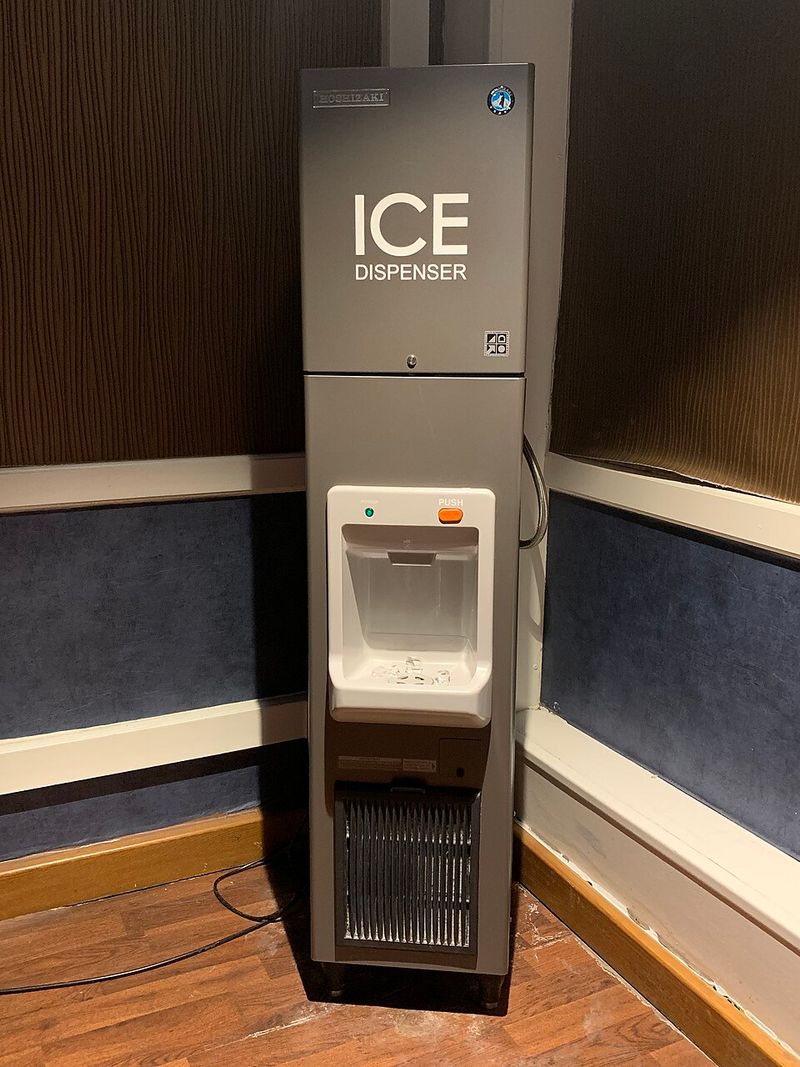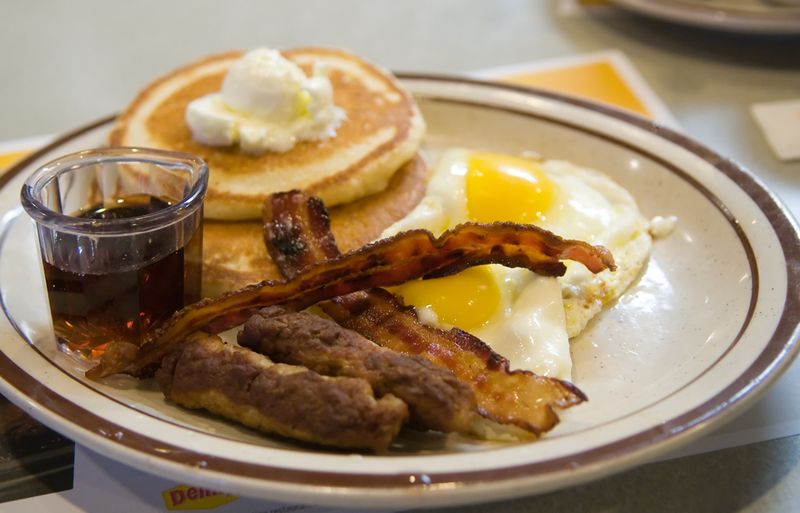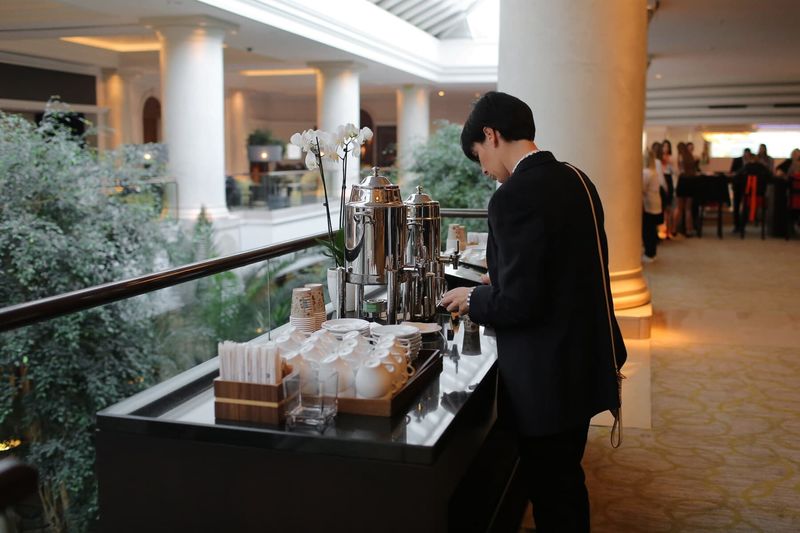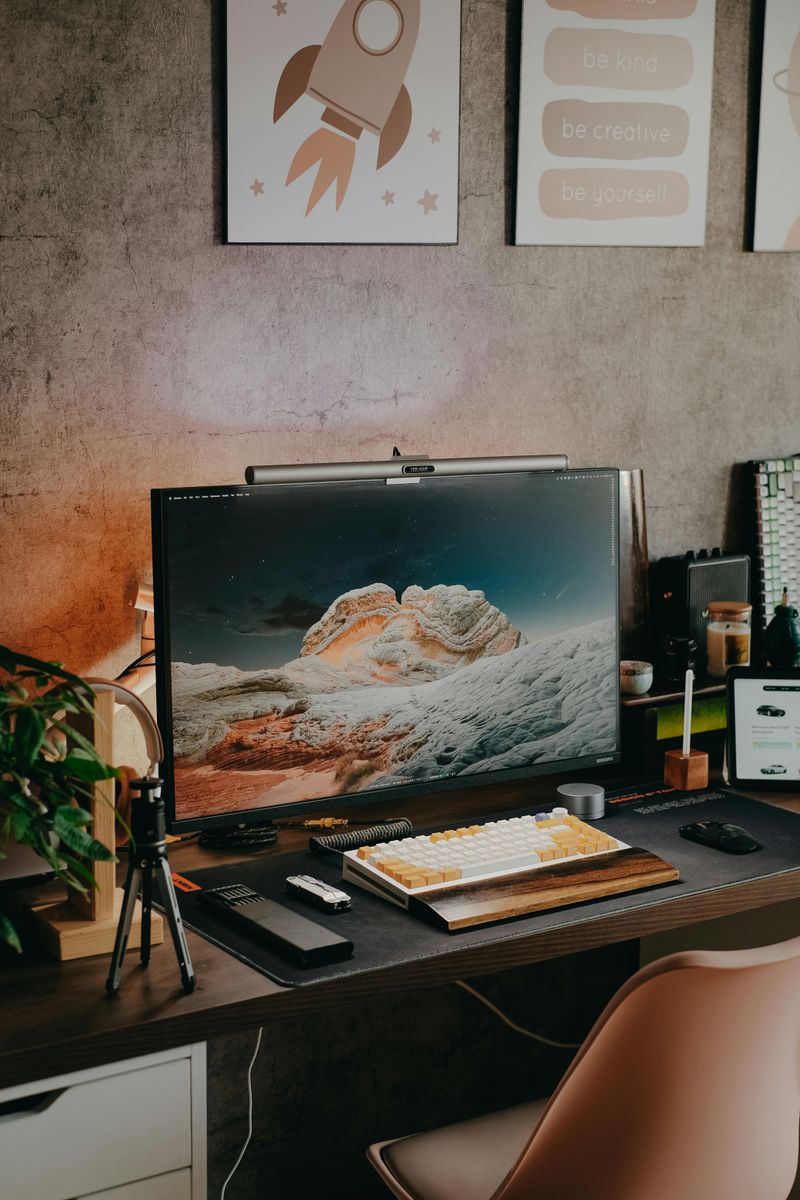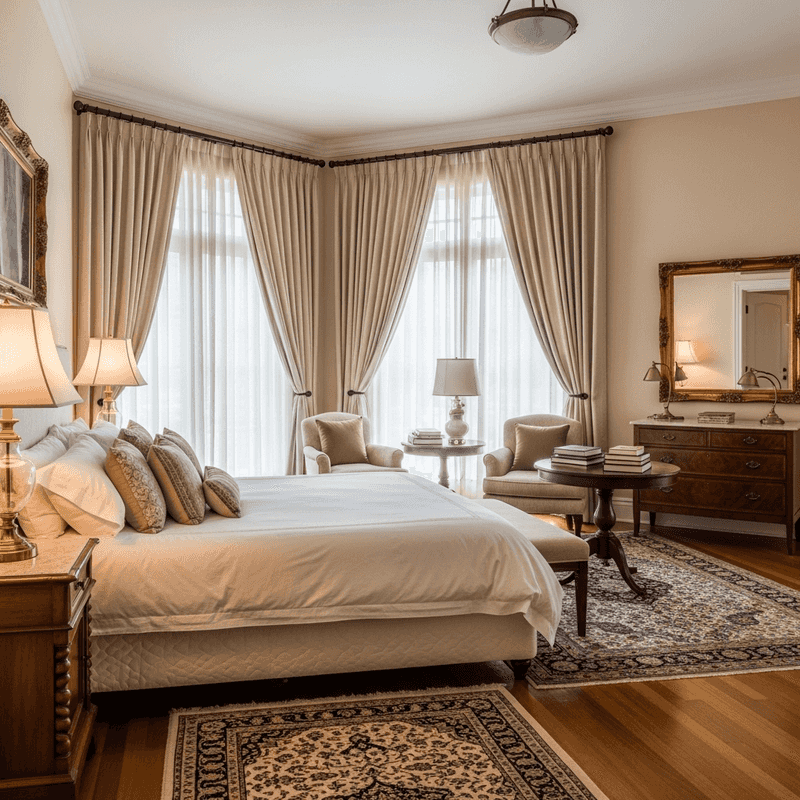Amenities you once took for granted are vanishing from hotel stays, and the changes are accelerating. From daily housekeeping to mini toiletries, the comfort cues of yesteryear are being traded for efficiency and sustainability. Some shifts genuinely improve convenience, while others feel like stealthy cutbacks. Here’s what’s disappearing fast, why it’s happening, and how to adapt so your next trip still feels effortless.
1. Daily Housekeeping
Daily housekeeping, once a hallmark of hotel pampering, is increasingly available only upon request. Hotels cite labor shortages, rising costs, and environmental goals to justify reduced service frequencies. For some guests, fewer knock-and-enter interruptions mean more privacy and quieter mornings. Others miss the instant refresh of tidy beds, emptied bins, and replenished towels. If you prefer daily service, request it at check-in and confirm any associated fees. Consider tipping when service is provided, as many properties have reduced staffing. Bringing a small stash of wipes and extra hangers can bridge gaps. Plan ahead to avoid surprises mid-stay.
2. Mini Toiletry Bottles
Those tiny, souvenir-worthy shampoo and conditioner bottles are giving way to bulk dispensers. Hotels argue this cuts plastic waste, reduces restocking labor, and prevents theft. Dispensers can be more hygienic when maintained, though some guests worry about tampering or dilution. If you have sensitive skin or strict preferences, pack travel-size products to ensure consistency. Many brands still curate pleasant scents in dispensers, matching their identity. Travelers who enjoy sampling products may miss the variety. If dispensers seem empty or faulty, call the front desk promptly. Sustainability aside, convenience remains the promise, but execution varies.
3. Printed Guest Directories & Paper Binders
Paper binders with menus, TV guides, and local tips have largely vanished, replaced by QR codes and hotel apps. This move reduces printing costs and allows instant updates. For guests, the shift can streamline requests, reservations, and check-out with a tap. However, poor Wi-Fi or clunky apps can frustrate. Snap photos of QR pages for offline reference and bookmark the hotel’s web portal. Ask for a printed sheet if needed; many properties can provide summaries. The digital transition favors speed and cleanliness, but it assumes tech comfort. Plan accordingly to keep information at your fingertips.
4. Bathtubs in Standard Rooms
Standard-room bathtubs are disappearing as hotels pivot to spacious, water-efficient walk-in showers. Showers are faster to clean, safer for many guests, and better for tight footprints. While families and bath enthusiasts may mourn the soak, rain heads and bench seating add comfort. If a tub is essential, book premium categories or call ahead to confirm availability. Accessibility needs also factor into design, with roll-in showers offering inclusive options. Drainage and water pressure can vary across properties, so check reviews. Overall, showers reflect a shift toward efficiency and contemporary aesthetics rather than leisurely bathing rituals.
5. Full Minibars
Once stocked with pricey treats, full minibars are fading fast. Hotels cite waste from expired items, logistical headaches, and guest backlash over surprise charges. In their place, expect lobby markets, grab-and-go coolers, or empty fridges for your own beverages. This shift can save money and reduce confusion while still offering convenience downstairs. If you rely on late-night snacks, check lobby hours or nearby options. Some upscale properties use smart fridges with sensors, but these are rarer now. Bring personal favorites and request a fridge if not guaranteed. Flexibility is the new standard.
6. Pay-Per-View Movies & DVD Players
Outdated pay-per-view systems and DVD players are being replaced by smart TVs with streaming apps. Guests expect Netflix, YouTube, and screen-casting instead of limited in-room catalogs. While selection improves, login security and app performance matter. Use guest mode when available and log out before checkout. Consider a travel streaming stick if the TV lacks the apps you need. Bandwidth varies, so peak times can cause buffering. Many hotels are upgrading Wi-Fi to keep pace. The experience is more familiar to travelers, but it requires personal accounts and a bit of tech savvy to navigate smoothly.
7. In-Room Alarm Clocks/Clock Radios
The bedside clock radio has largely disappeared as guests rely on smartphones for timekeeping. Removing clocks reduces clutter and maintenance while avoiding incorrect time displays. Some travelers miss the quick glance at a bright display or the tactile snooze button. If you prefer a physical clock, request one at the desk or pack a compact travel alarm. Many rooms now include USB ports and wireless charging, supporting device dependence. Consider a backup alarm across two devices to avoid oversleeping. Ultimately, simplicity wins for hotels, but personal preparedness keeps your schedule on track.
8. Ice Machines on Every Floor
Many hotels no longer maintain ice machines on every floor, centralizing them to a few locations. This reduces maintenance, noise, and water waste while supporting sanitation protocols. Guests may need to trek farther for a bucket fill, so plan before settling in for the night. Check the hotel map or app for exact locations. If ice access is essential, request delivery or a room near the machine. Bringing a small insulated bottle or using reusable ice packs can help. The change prioritizes efficiency, but a bit of planning keeps your beverages chilled without hassle.
9. Sewing Kits & Vanity Kits
Those handy sewing kits, nail files, and cotton swabs are increasingly gone from standard setups. Hotels aim to cut single-use items and reduce replenishment waste. Amenities are often available on request, but they’re rarely stocked in-room. If you rely on quick fixes, pack a mini kit in your toiletry bag. Some properties offer vending for forgotten items, including razors and dental kits. Ask at the front desk early to avoid a late-night scramble. The trend supports sustainability, but it shifts responsibility to travelers to bring what they need for minor grooming and wardrobe emergencies.
10. Bellhop Luggage Service
Traditional bellhop service is less common outside luxury properties, replaced by self-service carts and DIY convenience. Labor costs and changing guest expectations drive the shift. Travelers appreciate independence and speed, though arrivals with heavy gear or mobility concerns may struggle. If you need assistance, call ahead to confirm availability or arrange help during peak times. Consider packing lighter or using rolling luggage designed for uneven surfaces. Tips stretch farther when staff numbers are lean. The experience now mirrors short-stay rentals, with hotels offering support on request rather than full-service as the default.
11. Free Daily Bottled Water
Complimentary bottled water is no longer guaranteed, especially in midscale and urban properties. Many hotels install refill stations or provide a reusable bottle instead. This reduces plastic waste and costs, but can inconvenience guests arriving late or dehydrated. Check elite benefits or room type perks, as some tiers still include bottled water. Map refill spots in the app and fill up when passing by. If water quality concerns you, carry a compact filter bottle. The pivot supports sustainability while nudging travelers toward refillable habits and away from single-use disposables.
12. Complimentary Breakfast in All Rates
Breakfast is increasingly unbundled, shifting from complimentary default to paid add-on or elite-only perk. Rising food costs and staffing challenges make free buffets harder to sustain. Properties now offer tiered options, continental basics, or credits at on-site cafes. To avoid surprises, check rate inclusions and hours before booking. If breakfast matters, compare packages or nearby bakeries for value. Early flights may favor grab-and-go boxes. A la carte menus can improve quality, though overall costs may climb. Savvy travelers plan ahead to maintain morning routines without overspending on lukewarm eggs.
13. 24/7 Front Desk & Concierge Staffing
Round-the-clock front desk and concierge coverage is no longer universal. Mobile check-in, kiosks, and digital keys reduce reliance on large teams. While late arrivals may breeze through, complex issues can be harder to resolve after hours. Save the hotel’s direct line and use chat features in the app for quicker help. If you anticipate special requests, handle them during daytime staffing windows. Many properties rotate remote support for nights. The model emphasizes self-service convenience, but travelers should prepare for a leaner human touch, especially in select-service and lifestyle brands.
14. Large In-Room Work Desks
Bulky business desks are giving way to compact multipurpose tables and lounge-friendly setups. Hotels target leisure and hybrid travelers, valuing aesthetics and space over corporate workstation vibes. If you need productivity, request a proper chair or use the lobby co-working area. Bring a laptop stand and foldable keyboard to improve ergonomics. Power outlets and USB ports are more thoughtfully placed, but check before rearranging furniture. For video calls, scout quiet corners in public spaces. The shift favors flexible living, though dedicated road warriors should confirm workspace details when booking.
15. Thick Hotel Room Manuals & Magazines
Glossy magazines and hefty room manuals are moving online as hotels embrace digital libraries. This reduces paper waste and lets guests access global newspapers and local guides on their devices. Download for offline reading if Wi-Fi is spotty. Some properties provide tablets or portal access via QR codes. While tactile browsing is missed by some, personalization and search make digital content efficient. If you prefer print, ask the front desk—occasionally, limited copies remain. The modern approach trims clutter and supports real-time updates, aligning with tech-forward traveler expectations.
16. Extra Blankets & Pillows Stored in Closets
Closets increasingly lack extra blankets and pillows, with hotels providing them only upon request. The change reduces laundry cycles, storage needs, and allergen exposure for items that sit unused. For sensitive sleepers, call housekeeping early to secure preferred firmness or hypoallergenic options. Pack a lightweight travel blanket if you run cold. Many properties can deliver quickly, but evening waits happen when staffing is lean. Confirm duvet weights in colder seasons. While the shift trims waste, it places more responsibility on guests to communicate comfort needs ahead of time.

